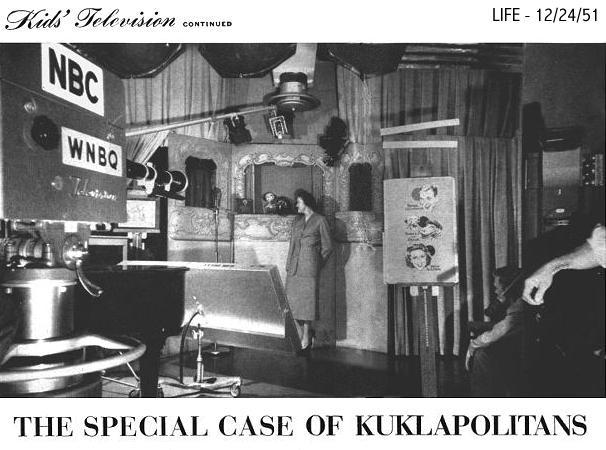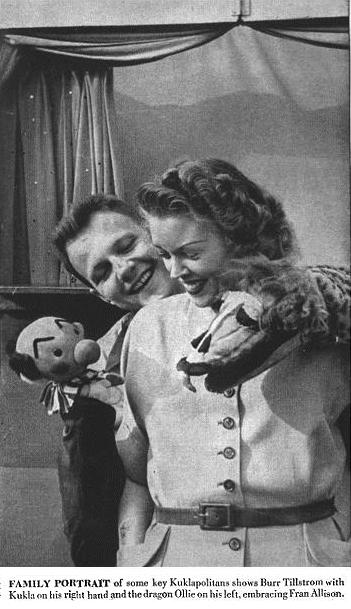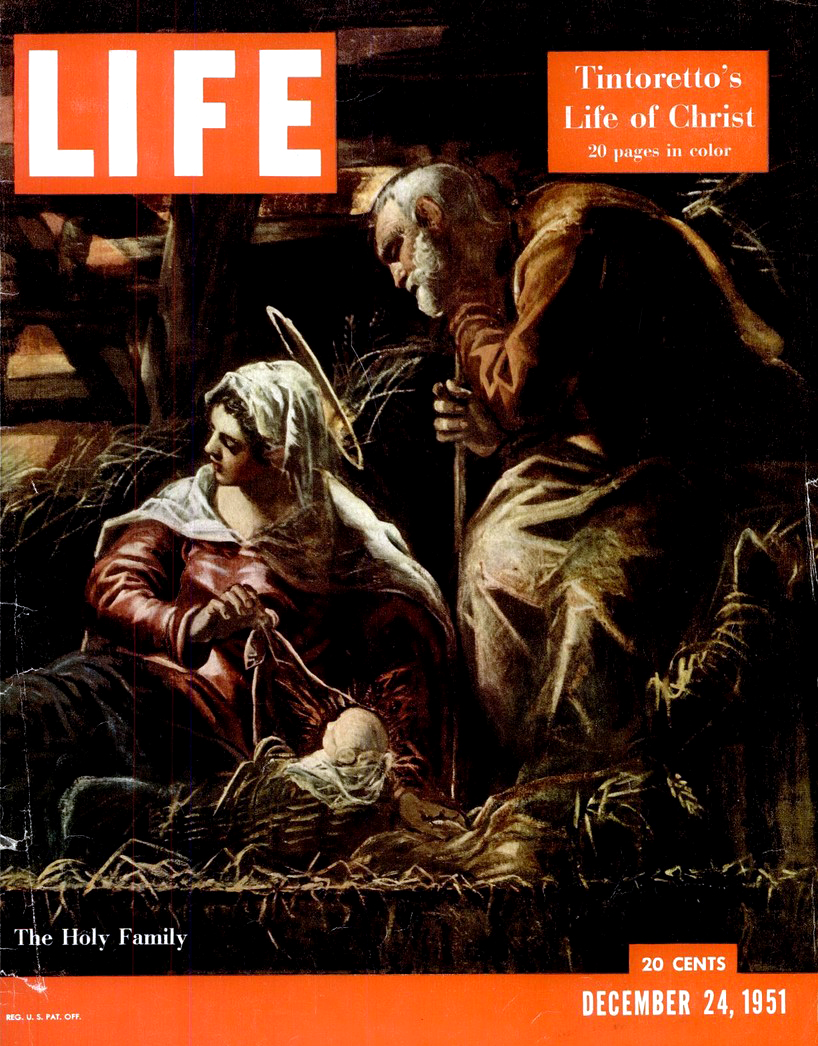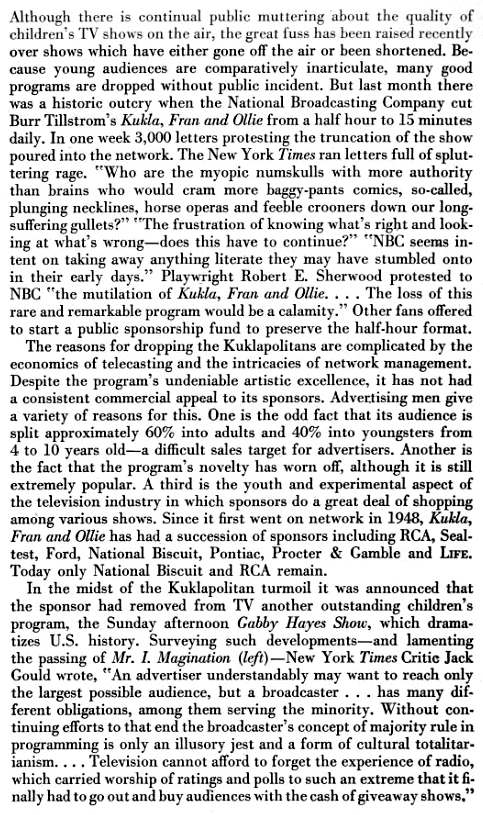

Although there is continual public muttering about the quality of children's TV shows on the air, the great fuss has been raised recently over shows which have either gone off the air or been shortened. Because young audiences are comparatively inarticulate, many good programs are dropped without public incident. But last month there was a historic outcry when the National Broadcasting Company cut Burr Tillstrom's Kukla, Fran and Ollie from a half hour to 15 minutes daily. In one week 3,000 letters protesting the truncation of the show poured into the network. The New York Times ran letters full of spluttering rage. "Who are the myopic numskulls with more authority than brains who would cram more baggy-pants comics, so-called, plunging necklines, horse operas and feeble crooners down our long-suffering gullets?" "The frustration of knowing what's right and looking at what's wrong - does this have to continue?" "NBC seems intent on taking away anything literate they may have stumbled onto in their early days." Playwright Robert E. Sherwood protested to NBC "the mutilation of Kukla, Fran and Ollie. . .The loss of this rare and remarkable program would be a calamity." Other fans offered to start a public sponsorship fund to preserve the half-hour format.
 The reasons for dropping the Kuklapolitans are
complicated by the economics
of telecasting and the intricacies of network
management. Despite
the program's undeniable artistic excellence, it has not
had a consistent
commercial appeal to its sponsors. Advertising men give
a variety of reasons
for this. One is the odd fact that its audience is
split approximately
60% into adults and 40% into youngsters from 4 to 10
years old - a difficult
sales target for advertisers. Another is the fact
that the program's
novelty has worn off, although it is still extremely
popular. A third
is the youth and experimental aspect of the television
industry in which
sponsors do a great deal of shopping among various
shows. Since it
first went on network in 1948, Kukla, Fran and Ollie
has had a succession
of sponsors including RCA, Sealtest, Ford, National
Biscuit, Pontiac, Procter
& Gamble and LIFE. Today only National Biscuit
and RCA remain.
The reasons for dropping the Kuklapolitans are
complicated by the economics
of telecasting and the intricacies of network
management. Despite
the program's undeniable artistic excellence, it has not
had a consistent
commercial appeal to its sponsors. Advertising men give
a variety of reasons
for this. One is the odd fact that its audience is
split approximately
60% into adults and 40% into youngsters from 4 to 10
years old - a difficult
sales target for advertisers. Another is the fact
that the program's
novelty has worn off, although it is still extremely
popular. A third
is the youth and experimental aspect of the television
industry in which
sponsors do a great deal of shopping among various
shows. Since it
first went on network in 1948, Kukla, Fran and Ollie
has had a succession
of sponsors including RCA, Sealtest, Ford, National
Biscuit, Pontiac, Procter
& Gamble and LIFE. Today only National Biscuit
and RCA remain.

